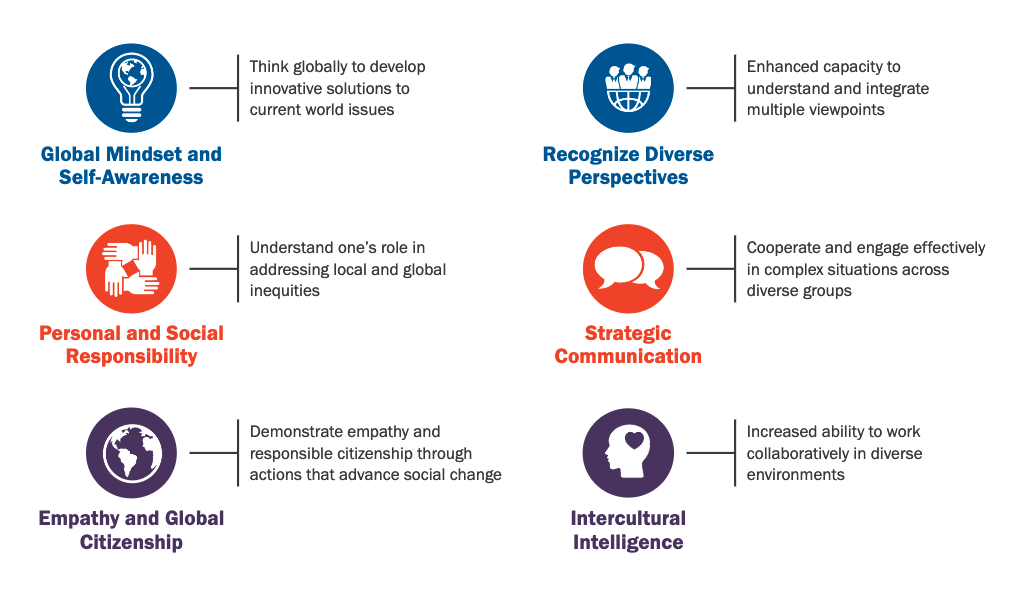Program Learning Outcomes and Curriculum
Your program curriculum is designed to ensure graduates acquire the essential skills, knowledge, and attitudes appropriate and relevant to both the needs of students and employers.
Program Vocational Learning Outcomes
Program vocational learning outcomes describe what graduates of the program have demonstrated they can do with the knowledge and skills they have achieved during their studies. The outcomes are closely tied to the needs of the workplace. Through assessment (e.g., assignments and tests), students verify their ability to reliably perform these outcomes before graduating.
The program vocational learning outcomes for this program are
Through assessment (e.g., assignments and tests), students verify their ability to reliably perform these outcomes before graduating.
- Create design solutions through all stages of iterative design process to meet the identified needs.
- Design and develop product by applying knowledge of idea generation, sketching, rendering, reverse engineering, and conceptualizing.
- Combine relevant principles of creative design and fundamental knowledge of engineering technology to implement a cross-functional approach to product development.
- Develop products sustainably, legally and ethically from environmental and human perspectives.
- Explorein novative product solutions that also incorporate feedback/ input from the relevant external community and industry stakeholders to solve product design problems.
- Create 2D and 3D CAD models for physical and virtual products with robust design functionality.
- Perform prototype quality testing using CAE methods, product testing and standards based on design requirements.
- Manage the technical aspects, assess the risks, and apply the best practices of the product lifecycle.
- Identify and select advanced and emerging manufacturing processes and methods of interdisciplinary production to product design and development.
10. Integrate fundamental concepts and principles of applied sciences in design theory
in the examination and selection of materials and product development methods to
achieve functional and aesthetic goals.
11. Apply fundamental business and multimedia communication skills to the product
design and development processes.
Essential Employability Skills Outcomes
Essential Employable Skills (EES) are skills that, regardless of a student’s program or discipline, are critical for success in the workplace, in day-to-day living, and for lifelong learning. Graduates will reliably demonstrate abilities in six skill categories:
Global Citizenship and Equity Learning Outcomes
There are six Global Citizenship and Equity (GCE) learning outcomes integrated into Diploma and Advanced Diploma programs as a component of Centennial’s Signature Learning Experience (SLE). The SLE reflects the College’s promise to provide students with a distinctive and inclusive educational experience that builds on a foundation of global citizenship, equity, and social justice. Certificate and Graduate Certificates also include at least two GCE learning outcomes. The GCE learning outcomes are:
- Identify one’s role and responsibilities as a global citizen in personal and professional life.
- Identify beliefs, values and behaviours that form individual and community identities and the basis for respectful relationships.
- Analyze issues of equity at the personal, professional, and global level.
- Analyze the use of the world’s resources to achieve sustainability and equitable distribution at the personal, professional, and global level.
- Identify and challenge unjust practices in local and global systems.
- Support personal and social responsibility initiatives at the local, national, and global level.
Global Citizenship and Equity Portfolio
As a component of the SLE, Diploma and Advanced Diploma program students will complete the Global Citizenship and Equity (GCE) Portfolio. Building the GCE Portfolio is a process of documenting your GCE learning. Each item selected for inclusion in the portfolio demonstrates growth and understanding of Global Citizenship and Equity within your program of study.

Students are encouraged to develop their GCE Portfolio beginning in their first semester. You will add artifacts from coursework and accompanying reflections as well as artifacts arising from co-curricular activities, volunteering, etc. to your portfolio as you progress through the program. You are encouraged to use the ePortfolio tools available on eCentennial, as well as to develop an online professional portfolio presence through LinkedIn and/or other personal websites/blogs.

